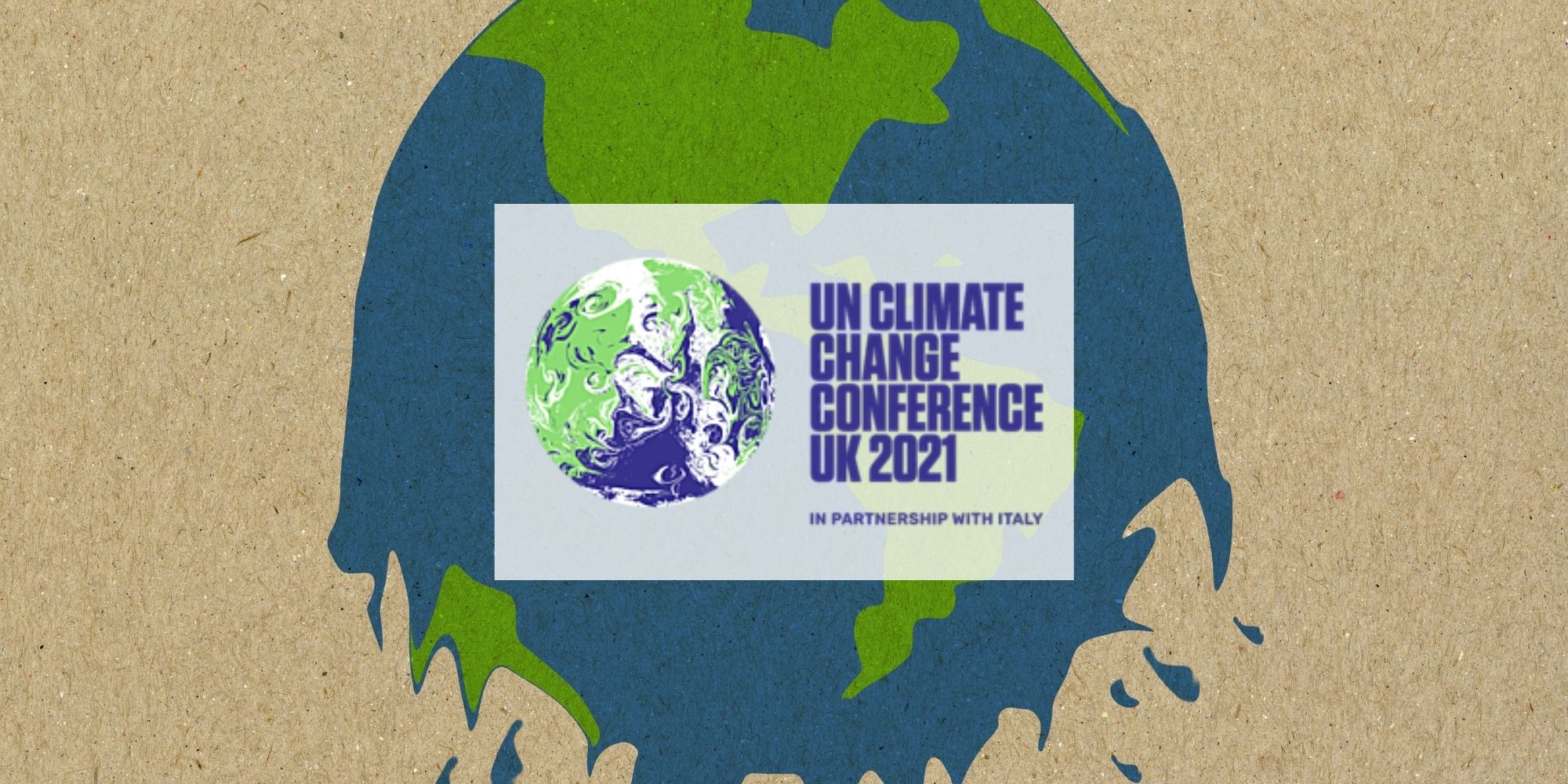Dr Robert Grundy, the Chair of the Northern Ireland Science Industry Panel – Matrix, recently attended Open Technology for Sustainability, a fringe event at COP26 – The UN Climate Change Conference in Glasgow. In this article, Dr Grundy shares his impressions of the challenges now facing us as we seek to achieve Net Zero by 2050 and how this can done whilst growing the economy.
It took a while, but it seems we’re all on the same page now; the planet is under undeniable threat from climate change, or global warming as we used to call it before a previous political generation altered the description. You don’t have to attend COP26 to understand this – any media outlet will relate the global catastrophe that awaits unless we act now and act decisively.
The tough question today though is not if climate change is happening because of our burning fossil fuels but what do we do about it?
This is not an easy question to address and behind every commitment to achieving Net Zero by 2050 lies a complex labyrinth of challenges that will allow us to transform our behaviour and practice to achieve our climate goals.
One approach to achieving this is by making a level of innovation that others can build upon to create the solutions that will help drive change widely available. This approach has been employed for years in the development of software. Open Source, the making freely available of source programming code for possible modification and redistribution, is responsible for much of the software we use everyday in homes and industries across the globe, the Linux operating system being the most famous example. The Open UK COP26 fringe event, Open Technology for Sustainability, sought so explore how we can apply this concept to achieving a level of sustainability that allows us to achieve our climate goals.
This is not straightforward and the challenges of sharing proprietary innovation for the greater good would appear to contradict the current default practice of protecting intellectual property through confidential practice and the issuing of patents. However, it’s a concept worthy of exploration if we are to meet our objectives regarding climate change.
Matrix, Northern Ireland’s Science and Technology Industry Panel, seeks to support the NI Executive through delivery of intelligence and advice to the Department for the Economy (DfE). Its work plan is designed to address future economic opportunities through analysis of industrial sector trends and delivery of recommendations that will help us achieve prosperity through a healthy economy driven by science and technology; it is inevitable therefore, that Matrix’s current focus is, in part, on the Green Economy and how we drive prosperity whilst reducing our reliance on fossil fuels.
There is real opportunity in this endeavour, DfE’s 10X Economic Vision speaks to a level of ambition that is completely aligned with that which we must employ to save the planet. If Northern Ireland can apply itself to addressing the global challenges that exist to address climate change through innovative technical efforts in key areas, then there is an opportunity to achieve sustainability. Sustainability in economic prosperity and sustainability in environmental activity.
This brings us back to Open Technology. There are potential risks that need to be navigated for the private sector in adopting open practice. But in government we can mitigate some of that risk by employing practice which shares innovation in science and technology. Government can adopt open practice as a form of the circular economy, recycling knowledge through a joined-up approach to innovation that can be built upon by the private sector to drive economic value. Areas such as health data, which can be made available through appropriate means, to innovators who can improve patient health with a better understanding of diseases through data analysis. There are many other areas where this level of collaboration could liberate innovative solutions to today’s and tomorrow’s problems. Overcoming the barriers to wholesale adoption of renewable energy sources such as wind, solar, biomethane and hydrogen are also good examples. Adoption of Open practice may require, however, a level of political commitment and courage within government that would take us into uncharted territories. We must be brave though, the health of our people, our environment and our economy depend on it.
The Vision for a 10X Economy is designed to promote the growth of NI’s economy which may seem at odds with saving the planet. From a certain perspective economic growth is incompatible with curtailing practices that are destroying the planet. But there is a subtle difference between shareholder growth as measured by GDP and stakeholder growth as represented by a stable environment. If Northern Ireland can harness innovation, creativity and an understanding of the scientific and technical needs required to overcome the obstacles on the road to Net Zero then manifold opportunities will present themselves to drive both environmental sustainability and economic prosperity.

